Recently, Narendra Modi’s biopic and his address to the nation announcing the success of Mission Shakti came under Election Commission’s scanner for violating the Model Code of Conduct (MCC).
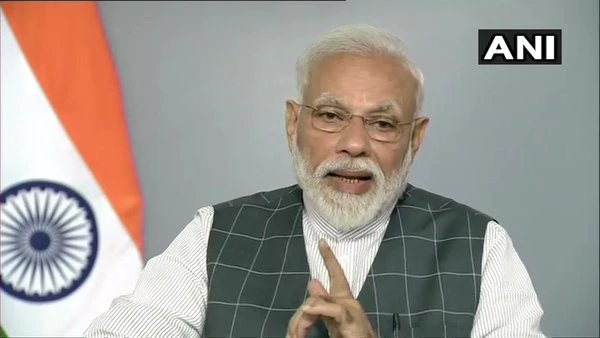
But what exactly is MCC and when does it come into effect?
MCC is a set of guidelines issued by the Election Commission to regulate the conduct of the political parties and candidates in the run up to the elections.
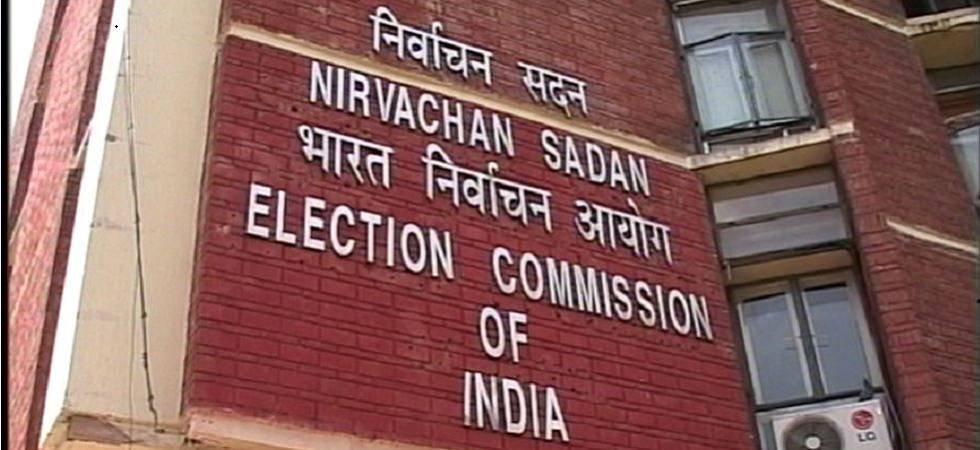
It comes into effect as soon as the election schedule is announced and remains in force till the election process is complete.
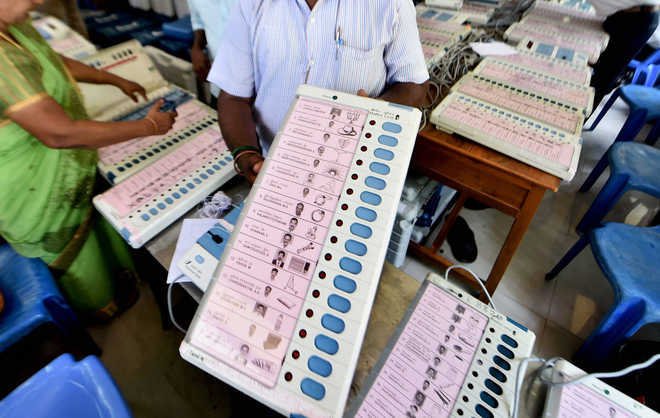
What happens once MCC comes into force?
Once MCC comes into force, politicians who hold portfolios, cannot combine their official visits with campaigning or use public transport while campaigning.
The ruling party also cannot announce new projects and schemes, or make any ad-hoc public appointments until the elections are over.
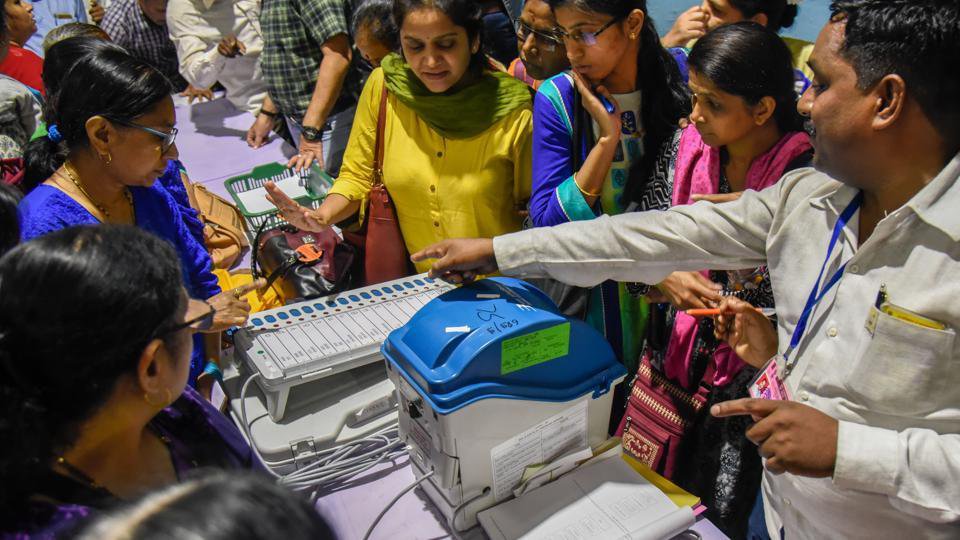
Religious places like mosques, churches, temples and gurudwaras cannot be used for political propaganda by any party.
While political parties can criticise the candidates of opposition parties based on their work, they cannot use communal sentiments to lure voters.
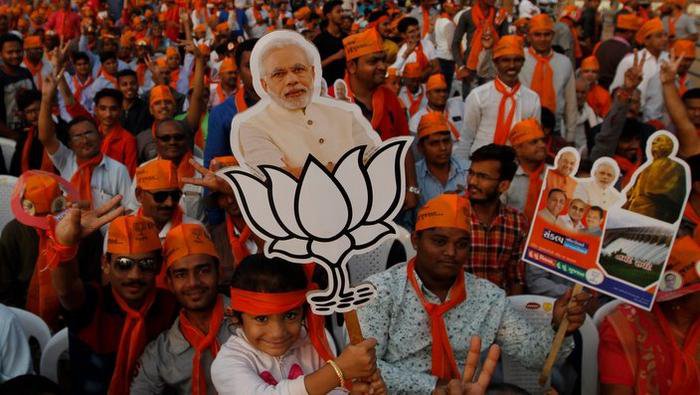
Candidates cannot hold public meetings within the 48 hours before the beginning of polls. MCC also states that liquor shops should be shut during this time and on the polling day.
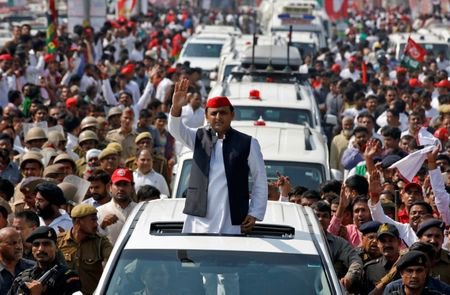
It is not unusual to see political parties or candidates violating MCC every now and then. Whenever this happens, citizens can apprise the Election Commission of such violation.
The EC then deliberates on the issue and can take a range of actions from imposing a fine and filing an FIR to even cancelling the polls in that constituency.
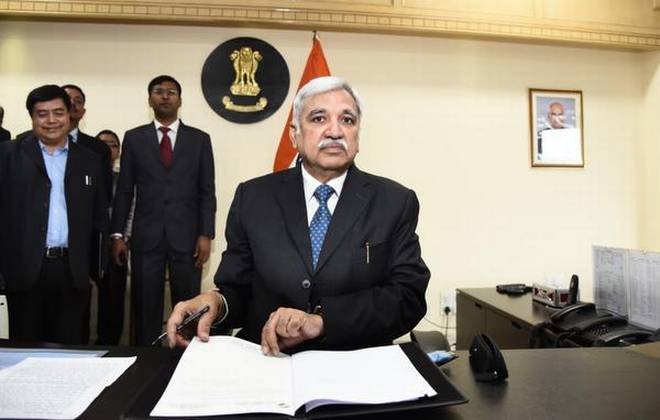
Last year, EC launched an app cVIGIL, which allows people to upload photos and videos of the MCC violation as proof. You can use this mobile app to report any violation.

Although, MCC doesn’t have any statutory backing, EC has the sole authority to take any decision with respect to the violations.
With less than two weeks remaining for general elections 2019, the MCC is already in place.

















